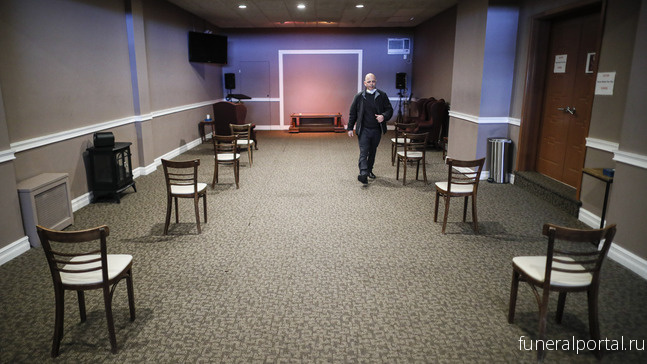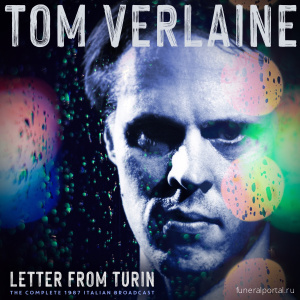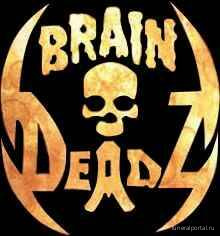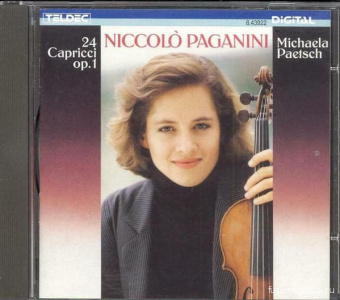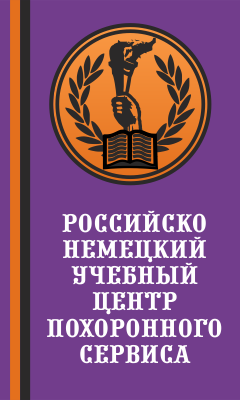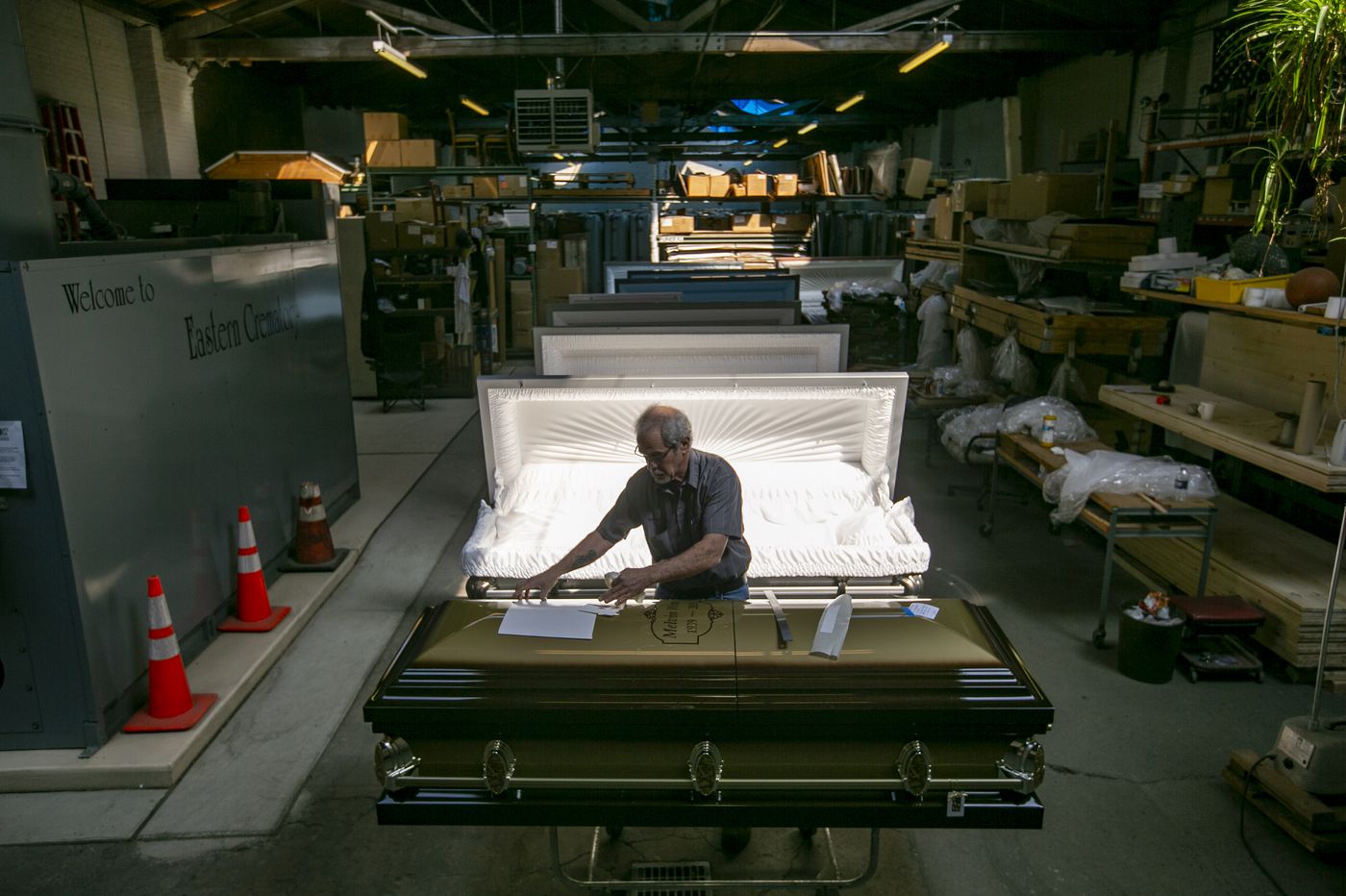
ALEJANDRO A. ALVAREZ / STAFF PHOTOGRAPHER
Ed Hartman Jr. did not want to be buried.
The owner of the Hartman Family Chiropractic Center in Levittown died May 3 at the age of 66 after battling a heart problem for nine months.
“He didn’t have a lot of money, he had a lot of debt,” said his son, Edward Hartman III. "And, given the pandemic, we couldn’t even have a viewing or a memorial service.
“So cremation made sense,” he said. On the Tuesday following his father’s death, Edward Hartman III collected his father’s ashes from the Delaware Valley Cremation Center.
More Americans have opted for cremation over burial since 2015, according to the National Funeral Directors Association, with that proportion becoming a majority in 2016. And as more families choose cremation, the country’s “death care” industry, reliant on more expensive caskets and burials, is seeing revenues shrink at a dramatic pace — with the coronavirus pandemic accelerating the trend.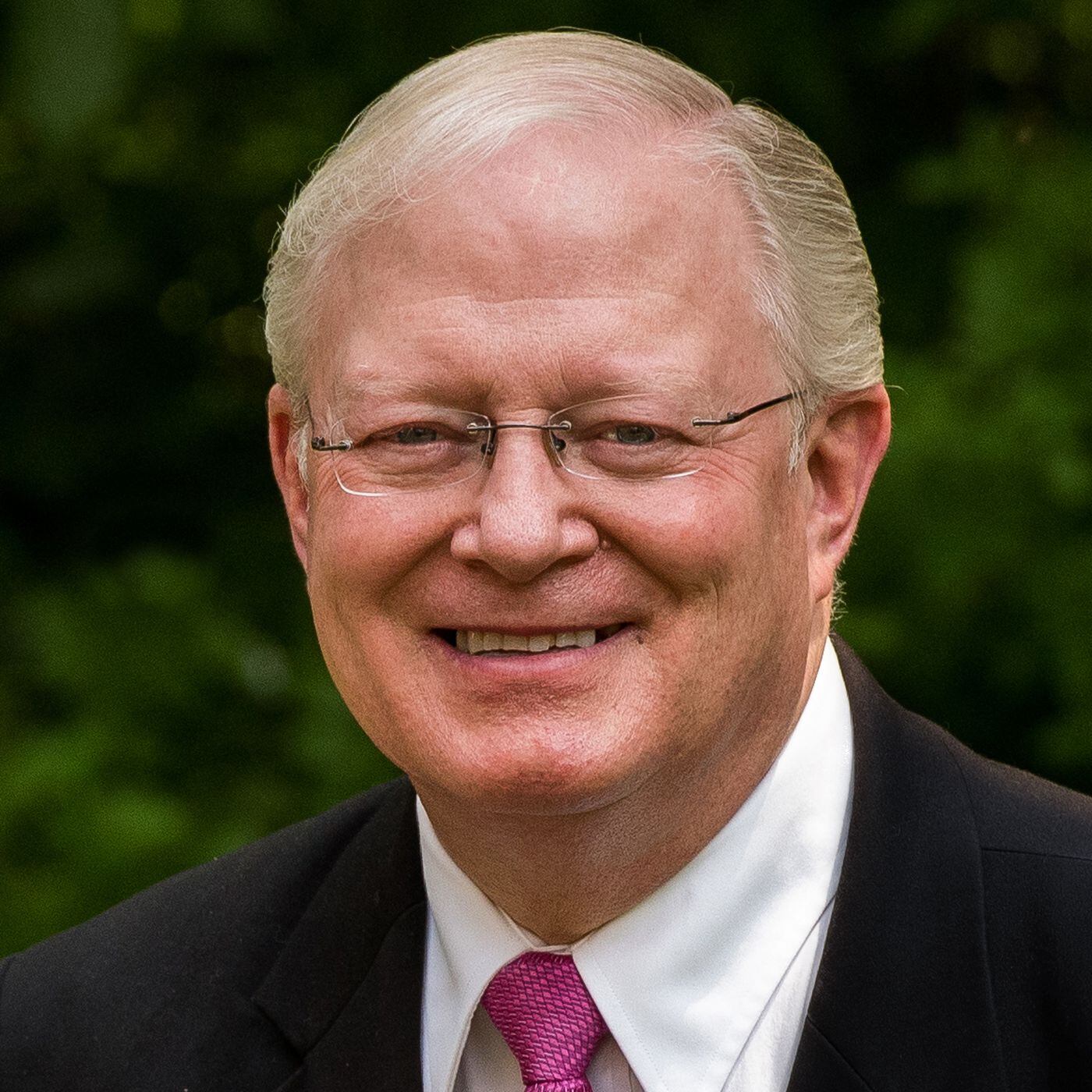
Typical cremations cost significantly less than a funeral with a burial. Cremation accounts for only a tenth of the industry’s revenue, and any shift away from expensive burial rituals is bound to put a significant financial squeeze on the traditional death-care businesses.
A no-frills “simple cremation” — without a service — costs $800 to $2,000. A traditional funeral with a memorial service, casket, and burial can cost $10,000 to $12,000.
Pennsylvania is the nation’s birthplace of cremation. The LeMoyne Crematory, the first in the United States, was established in 1876 near Pittsburgh in Washington, Pa. The country’s second crematory opened in Lancaster, at the Greenwood Cemetery in 1884.
Even now, Pennsylvania is second only to California in the number of crematories, with 220.
A little more than half the people who died in Pennsylvania in 2019 were cremated. That’s up from about one in five in 2000, according to the Cremation Association of North America. In New Jersey, the rate of cremations doubled from 24% to 49% over the same period.
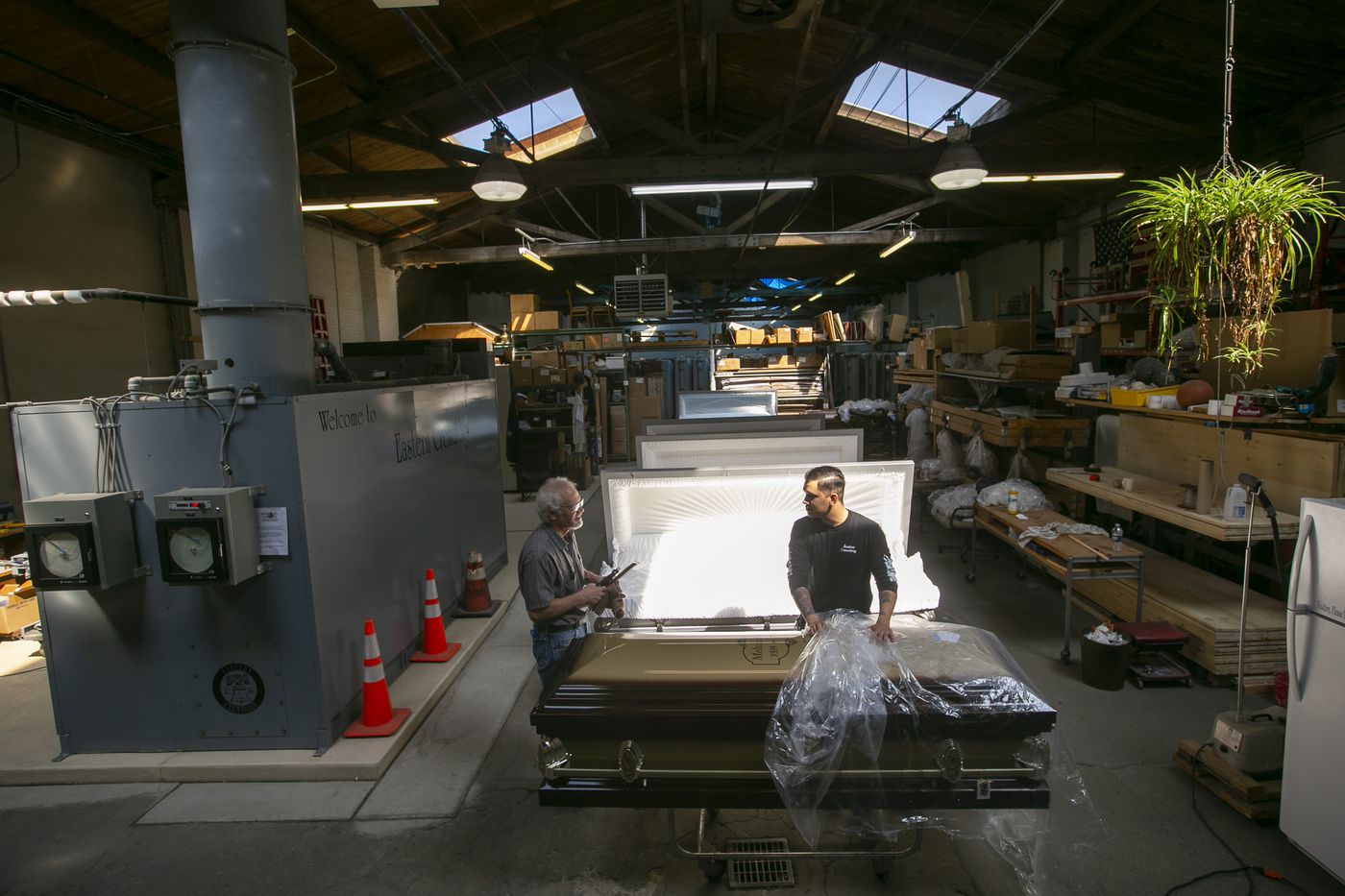
ALEJANDRO A. ALVAREZ / STAFF PHOTOGRAPHERHarry Fash Jr. and son Harry Fash III, the son and grandson of the founder of Eastern Casket in Philadelphia. Founded in 1972, Eastern Casket is a wholesale casket sales company and crematorium.
The numbers are high in states where the population is more transient. In Nevada, for example, the rate last year topped 80%, according to the industry association. And, in Seattle, more than 90% of the dead last year were cremated, said Tanya Marsh, a professor of law at Wake Forest University who specializes in funeral and cemetery law.
“It’s weird to be buried if you die in Seattle,” said Marsh, who also hosts the often grim but always entertaining podcast Death et Seq., which focuses on trends in the death-care industry. “The funeral homes and cemeteries are rightly concerned because it’s a game changer for the economics of the industry.”
Many traditional funeral providers were hesitant to embrace the change, Marsh said, because people who opt for cremation “don’t always do the whole nine yards” with embalming, visitation, a service, and burial.
That’s changing.
“If it’s economically harmful to you, you’re unlikely to adopt it,” she said. “They didn’t facilitate the middle ground. Now they’re trying to make up for that oversight.”
Adapting may be inevitable.
Cremations have risen steadily since the early 1960s, when the Roman Catholic church began to allow it as a standard funeral practice. In the early 1970s, just about 5% of those who died were cremated, but that has grown at 1% to 2% a year since.
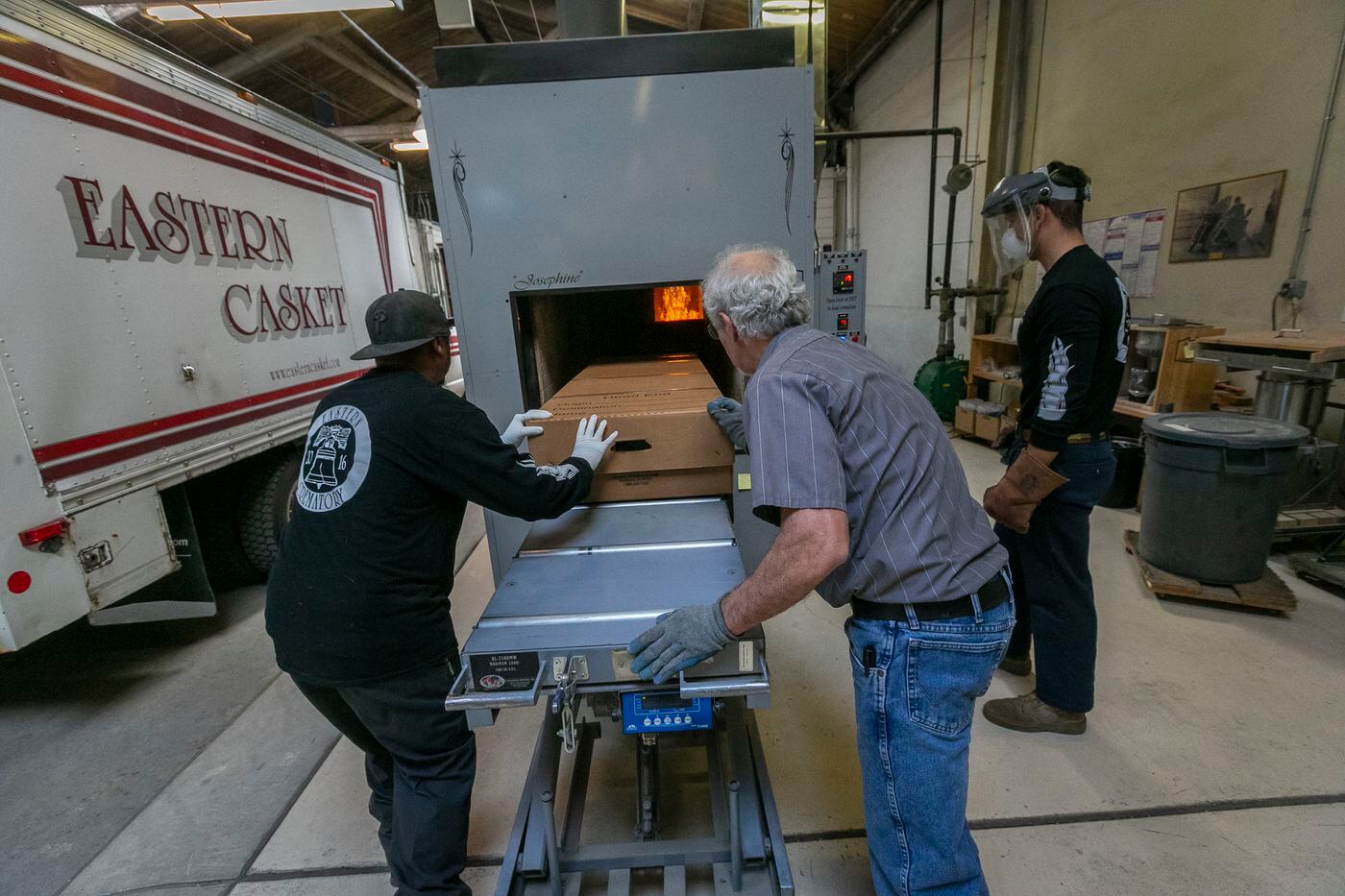
ALEJANDRO A. ALVAREZ / STAFF PHOTOGRAPHER(From left) DeWayne Rush, Harry Fash Jr., and son Harry Fash III direct a body into the retort chamber at Eastern Casket.
Because of social-distancing guidelines, gatherings of more than 10 people are forbidden at cemeteries. Families, including the Hartmans, are choosing cremation so they can hold memorial services — and the closure that they provide — with the remains present after the pandemic has passed.
“More people are choosing cremation now because they can’t have a funeral,” said Barbara Kemmis, executive director of the Cremation Association of North America.
Kemmis said it’s too early to tell how the pandemic has changed the rate of cremation.
"In the age of COVID-19, all bets are off,” she said. “Not enough time has passed to have real data. We don’t know quite what to expect.”
Crematoriums in the Philadelphia region have seen an upsurge. Several have accepted COVID-19 victims from overburdened funeral homes in northern New Jersey.
“We’ve nearly doubled our normal numbers,” said Bill Sucharsky, who provides cremation services for funeral homes at Philadelphia Crematories. He also provides services through the Delaware Valley Cremation Center in Northeast Philadelphia.
175 bodies in 2 days: Deluged with victims, a cemetery aims to preserve the dignity of the dead
“We usually do between 190 and 200 cremations a month,” Sucharsky said. “In April we did 315. So that’s not double, but it’s a significant rise. About a third of the total were COVID-19 victims, mostly from nursing homes.”
Sucharsky isn’t the largest provider of cremation services in the city. Ivy Hill Cemetery, in Northwest Philadelphia, usually performs 600 cremations a month. In April it surpassed 1,000.
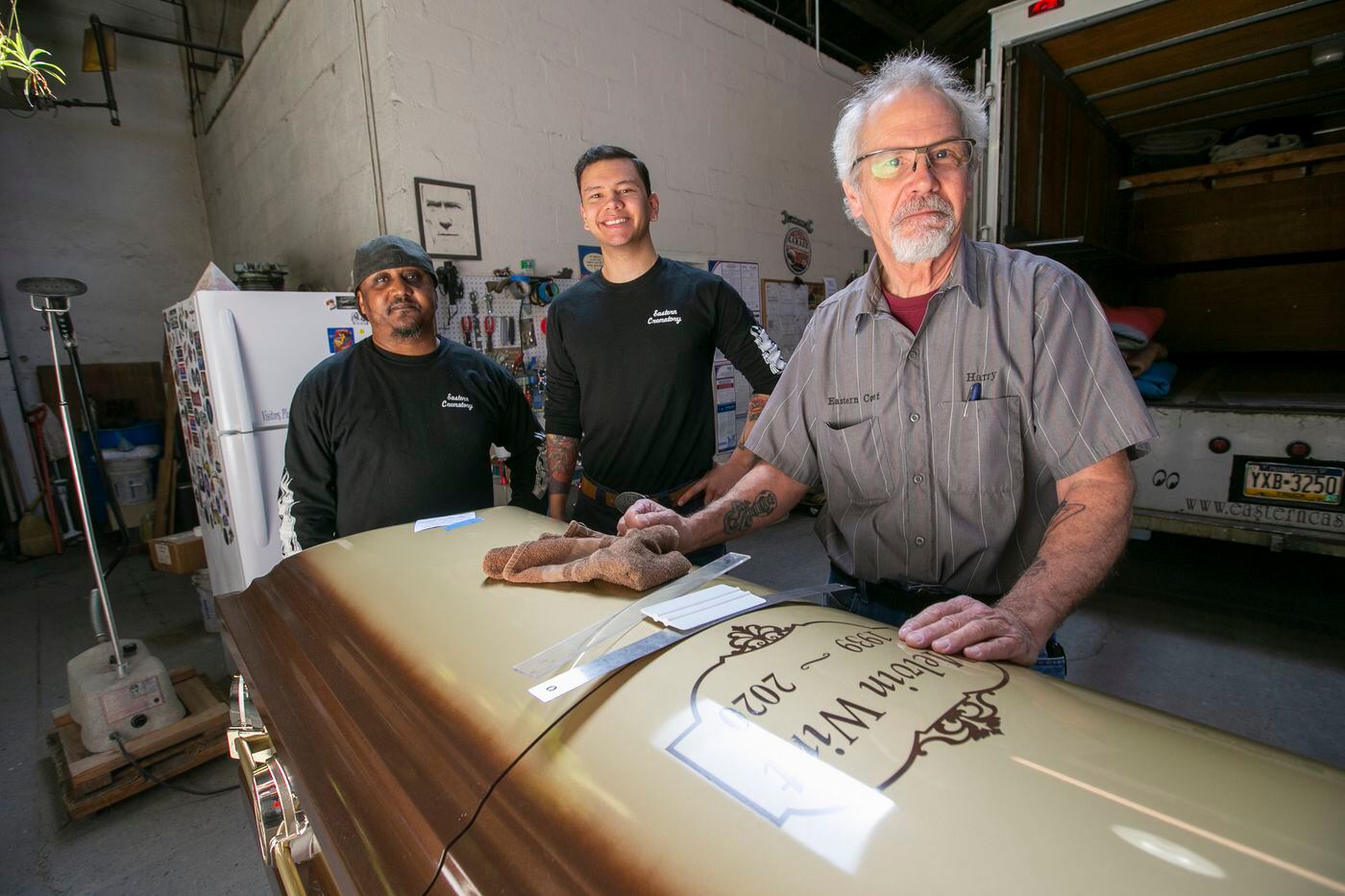
ALEJANDRO A. ALVAREZ / STAFF PHOTOGRAPHER(From left) Dewayne Rush, Harry Fash III, and Harry Fash Jr., at Eastern Casket.
A smaller operator is Harry Fash Jr., president of Eastern Casket and Crematory in the Nicetown section of North Philadelphia.
The Fash family has sold caskets to funeral homes since 1972. When it looked as if cremations would soon overtake burials in 2016, Fash installed a single crematorium retort, or chamber.
“It was the way the death-care industry was trending at the time and seems to be the wave now,” Fash said. “Cremation is increasing at an astronomical rate.”
He plans to add another retort.
Military funeral honors suspended in wake of coronavirus — but not the respect
Before the pandemic, Fash performed one cremation per business day, about 260 last year. He’s on track to triple the number. He extended his hours and now handles three or four a day.
“We have a reservation list; we’ve never had that before,” he said. “We have a six-body cooler, and we can’t take any more. We’re pushing reservations into the fourth week of June.”
The squeeze is acutely felt at cemeteries, said Harry Neel, spokesman for the Pennsylvania Cemetery, Cremation and Funeral Association.
Neel said that, in his conservative western corner of the state, only 30% opt for cremation.
Even at that low rate, it’s tough enough for funeral homes. There’s much less money spent. When the cash dries up “they can’t stay in business, they call it quits, close up and go home,” said Neel, who operates the 380-acre Jefferson Memorial Cemetery and Funeral Home south of Pittsburgh.
“But at the cemeteries, when suddenly the revenue is cut by half, they still have to keep the grounds landscaped and keep up the roads,” Neel said. "Those are fixed expenses and cannot be cut to meet the fallen revenues. It’s difficult.
“You don’t have to bury cremains,” he continued. “It’s a shame. They often end up on garage shelves.”
Still, cremation remains a relatively new phenomenon for many in the U.S.
Marsh, the law professor, said that although death is permanent, family funeral traditions are constantly changing. Ironically, some see the pandemic as both driving and undermining the current trend toward more cremation.
“If [cremation] gets associated with trauma, and not being able to say goodbye,” Marsh said, “I can see a family who has experienced that pain not wanting to do it the next time around.”
Sam Wood
